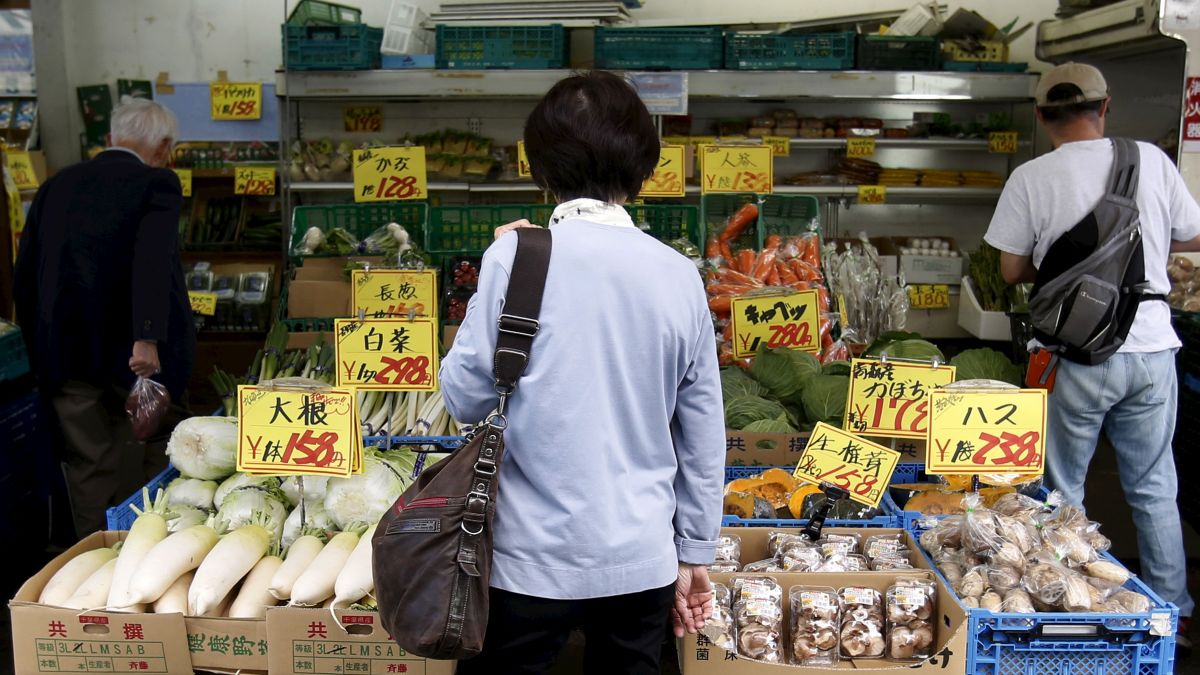Demonetisation, the government’s surprise move of stripping the old higher currency notes of their status as legal tender, has garnered varying reactions from different circles. However, as the government is busy propagating the many ‘ benefits’ of demonetisation , it has undoubtedly invited unprecedented wrath of what is arguably a ‘ united Opposition .’
As Mamata Banerjee led All India Trinamool Congress and the Congress party are giving the government a tough time in New Delhi, signs of fresh trouble brewed at Thiruvananthapuram in Kerala.
To protest gainst hardships faced by people due to the demonetisation scheme, the ruling CPM-led Left Democratic Front (LDF) in Kerala organised a ‘human chain’ across the state on 29 December. The ‘human chain’ was formed from northern district Kasaragod to state capital in the south, Thiruvananthapuram, LDF convener Vaikom Viswan said.
According to a report in Manorama Online , the human chain started from the Raj Bhavan in the state capital and saw the presence of state Chief Minister Pinarayi Vijayan, former chief minister VS Achuthanandan, CPM state secretary Kodiyeri Balakrishnan, CPI state secretary Kanam Rajendran, among others. The report further states that beside Left leaders, and allies of the ruling LDF, representatives of political parties like JSS, INL, CMP, Janadhipathya Kerala Congress, Kerala Congress (B) also took part in the event.
However, The Times of India reported that the national leadership of the Left Front stayed away from the event. CPM general secretary, Sitaram Yechury was in Thiruvananthapuram on Tuesday, however, he did not stay back for the Thursday’s event.
Before organising the ‘human chain’, LDF had mobilised a massive campaign to garner support for its move. The front had conduct conventions in all panchayats across the state while ‘Padayatras’ were also held to create awareness among people about the drawbacks of withdrawing high denomination notes.
Alleging that only corporates have benefited from the demonetisation, Viswan said the decision to withdraw currency was taken by the Centre with “political motives.”
Meanwhile, on the issue of LDF’s ‘human chain’, the BJP leadership quipped that it was strange to form a queue to protest against queues, in an apparent reference to the Left Front’s outrage against the serpentine ATM and bank queues in the wake of demonetisation.
Reacting to the LDF’s move, the state BJP leaders on earlier in the day demanded strict action against government employees to stop them from joining the human chain, according to The New Indian Express . In a letter to state Chief Secretary SM Vijayanand, the Kerala BJP alleged that the ruling party was running a propaganda in government establishments to garner support for its political events. The BJP leadership also pointed out that government employees joining any political movement is a violation of the Kerala Service Rules. The letter, according to the report, further alleges that the CPM-led government was even using migrant labourers working in the state to make its human chain look like a success.
As the Modi government decided to suck higher currency out of the system, only to replace with new notes of Rs 2,000 and Rs 500, a lot has been said about the govenrment’s surprise move. As opposition parties panned the government for frequently changing the rules related to the note ban, they were also quick to point out that this only shows the poor implementation and government’s lack of preparedness before making such a massive move.
However, in the absence of concrete parameters or analysis to gauge the actual impact on the common man, or the government’s much-touted crackdown against black money, the move has at best received a mixed sentiment. As TK Devasia reports for Firstpost , small traders are sending a positive feedback for the move. “The traders, who had initially opposed demonetisation, are now fully supporting the digital payment drive. The Kerala Vyapari Vyavasayi Ekopana Samithi, which is rated as the single largest trade body in the world, is actively associating with the ‘Go Cashless’ campaign,” his report quotes PP Jayakumar, manager, e-Governance and networking, Akshaya, as saying. His report credits a “well-knit” network of Akshaya citizen service centres across Kerala, which was designated by the Union Ministry of Electronics and Information Technology as the nodal agency for the ‘Go Cashless’ campaign in Kerala, for the apparent success of demonetisation vis-à-vis cashless economy amid small traders in Kerala.
However, another report submitted by a panel set up by the Kerala state government has found that demonetisation has hit the state’s economy hard.
The committee, set up on 23 November, is headed by d CP Chandrasekhar of the Centre for Economic Studies and Planning of the Jawaharlal Nehru University
“Cash-intensive sectors such as retail trade, hotels, and restaurants and transportation account for over 40 percent of the Kerala economy, and the primary sector accounts for another 16 percent of the economy. Thus, 56 percent of the economic activity of Kerala is immediately affected by the withdrawal of specified bank notes,” an interim report submitted by the five-member committee has said
According to the report, the impact of demonetisation in terms of the cash deficit and its consequences has been particularly severe in the state also because of the distinct character of its banking sector, where the cooperative sector and the primary agricultural cooperative societies (PACS) play a central role.
It is instructive to note here that the RBI has kept the cooperative banks and societies out of the note exchange process, which according to the panel’s report proved to be particularly damaging for Kerala’s economy.
With inputs from PTI


)




)
)
)
)
)
)
)
)